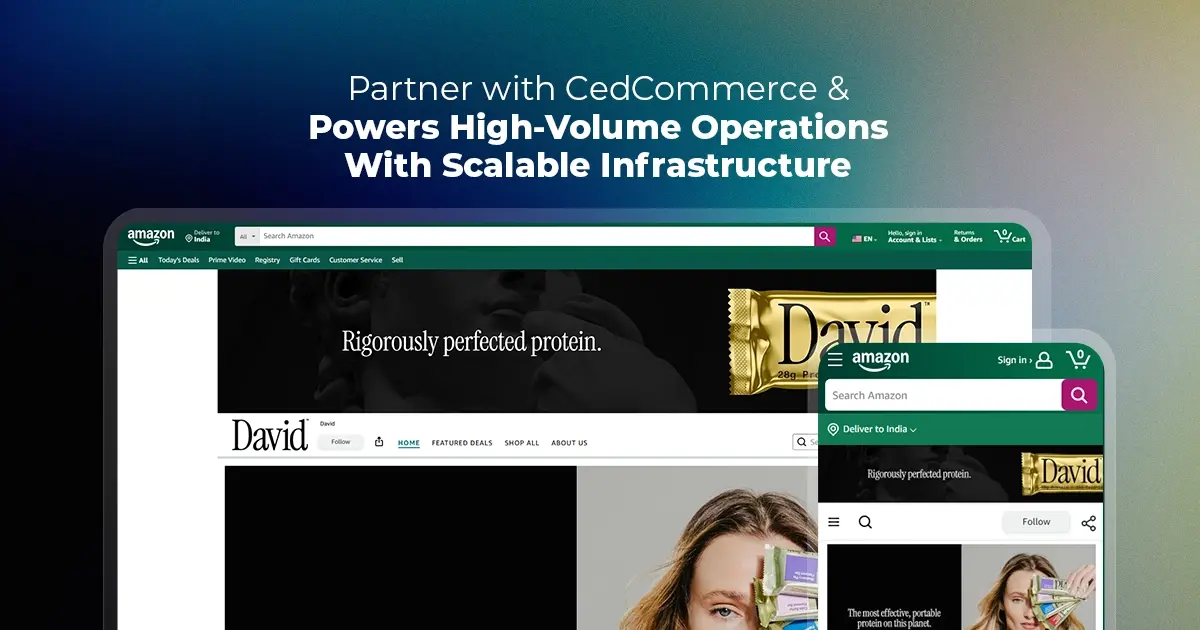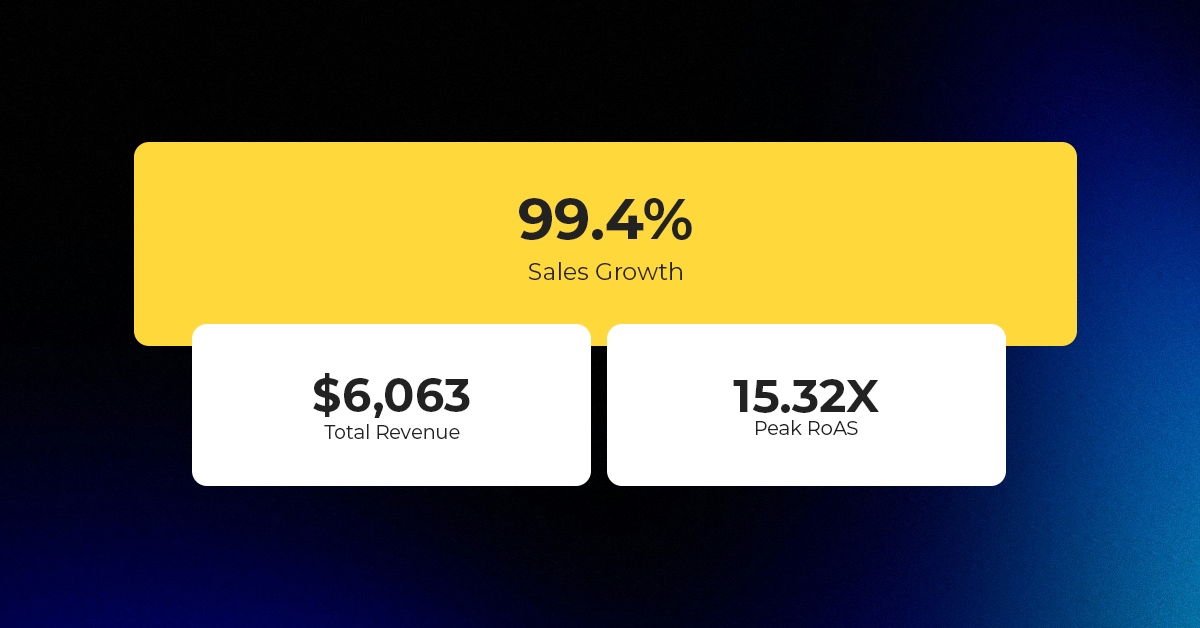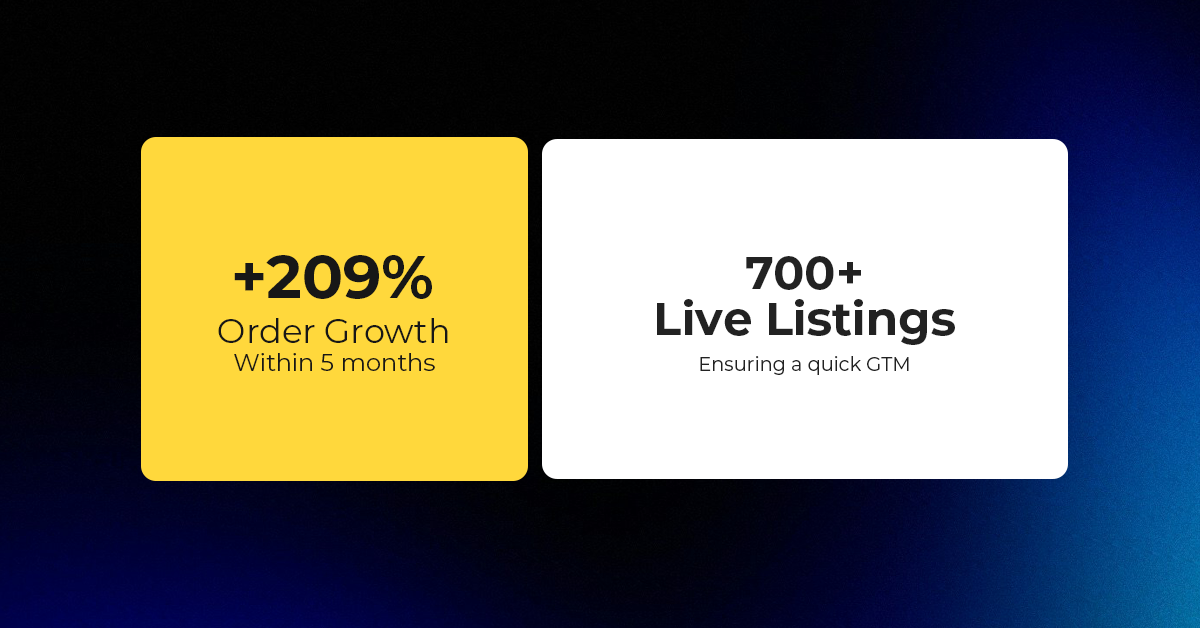Etsy Expands Payments Policy Globally; Instant Transfers Go Live for US Sellers
Reading Time: 3 minutesWhat’s changed Etsy has rolled out major updates to its Etsy Payments…
With the COVID19 pandemic looming over the world this year’s Adobe Summit went completely digital and free. This enabled a large number of enthusiasts to attend it and leverage the opportunity to learn from the top industry leaders.
With emphasis largely on reforming digital shopping experiences and experience-driven commerce, the summit turned out to be insightful. Here I will be sharing some key learnings from the same.
COVID 19 is bringing about changes in the way people will shop and brands will sell. With businesses looking forward to going digital like never before it is the shopping experiences they provide that will set them apart from one another.
Jason Woosley- Industries and Business models that have historically relied on in-person selling and customer interactions-places like restaurants, retail stores, and wholesalers are now scrambling to modernizing and optimizing their operations to support and meet their customers.
Through the summit, Adobe managed to convey the importance of good shopping experiences. It’s imperative for Magento merchants to focus on delivering unparalleled value when it comes to shopping experiences.
In addition to delivering the product/ services, it will become crucial to put forward a personalized approach for creating a mark. Basically the idea is to make every experience shoppable. Adobe conveyed its commitment to offering support for capacity building of businesses of all sizes in their journey of going digital. With Magento at the core of Adobe’s eCommerce driven experiences, the former is expected to be strengthened further.
Adobe has reiterated its intention to deliver matchless B2C and B2B shopping experiences targeted at generating improved revenues by deploying intelligent commerce. This will eventually lead to optimized business outcomes. Capacitating businesses with agile omnichannel commerce abilities are also on the to-do list of Adobe that will aid merchants in selling and delivering everywhere with a scale and robust system.
Additionally, Adobe announced offerings to assist small and medium businesses for a successful transition to the web in order to not just effectively sail through the COVID crisis but also to be able to flourish later. The key offerings include:
1-3 Months Free of Magento Commerce & Marketo Engage
2-Magento Commerce Launch Package
3-Free Magento & Marketo Engage Training
Adobe announced the release of Magento 2.4 in its endeavor to provide more immersive shopping experiences. It will be a much stronger tool. Let’s check out why it will most necessarily stand out:
The future undoubtedly is headless, where the front end stands decoupled from the backend in order to work independently and provides amazing e-commerce experiences. It decouples the business logic, transactions and data aspects of commerce from the presentation layer. Headless Magento is what will allow separating the web front end from the eCommerce system. Customers will no longer be restricted to the usual homepage>category page>product page>basket>checkout process flow. Merchants will be able to deliver amazing experiences to their customers.
Headless Magento will also make exchanging of frameworks easier since JavaScript is coupled with the backend of Magento. Magento framework allows flexibility to create own logics for pricing, logins, and checkout.
With the use of API’s the headless approach will grant immense flexibility to work on frontend as per merchants’ demand and also develop personalized, speedy and tailor-made solutions.
It covers many scenarios:
1-Experience driven Omnichannel like Offsite of Commerce and Internet of things
2-Performance Driven Digital Experiences like PWA or CMS
3-Technology Driven Custom services like POS, Custom Apps or Microservices.
Almost 2/3rd of traffic received by any website comes from mobile devices. This makes it all the more essential to focus on mobile website experiences. PWA can be the ideal tool to deliver fast, reliable and engaging platforms thereby contributing to mobile conversion rates bringing it up by 50%.
Delivering an engaging app like browsing experience PWAs tend to check off all the boxes for tech-savvy customers. Many businesses back the claim of better conversions that have deployed the resource way earlier and continue to experience lightning-fast loading speed and mobile-first experiences. Magento 2.4 commits to a 100% PWA storefront for B2C as well as B2B theme, which will be really crucial for merchants.
The common glitch being faced by the PWA and headless commerce users is the incompatibility issues of Magento Marketplace extensions with the former utilities which the upcoming update will resolve.
Adobe Stock integration with Magento is now available and directly integrated with the Magento media gallery. Merchants will be able to use high-quality media assets like images, templates, media assets, stock videos, premium image collections and so forth which will help them to generate content easily through their Magento Admin panel eliminating the need to move to another panel or manually upload images.
B2B buyers almost over 93% state online purchasing as their preference over conventional means. With convenience and interactive online buying becoming more essential buyers are choosing online purchases comparable to B2C experiences. And why not when the approach is progressive and for the good. Magento 2.4 aims at expanding the capabilities of B2B functionalities based on customer feedback. Key areas of improvement include sophisticated purchasing workflows, approval thresholds, and intelligent routing.
A complex checkout process is one of the second biggest reasons for cart abandonment on eCommerce websites. The current checkout methods involve filling out approximately 10 fields. Coming to mobile devices the process appears to be even more tedious thus creating more problems for the user and for the website owner resulting in drops in sales.
The Payment Request API works as an interface between e-commerce websites and the variety of payment methods. It comes as a welcome change for customers, where the process requires filling payment and billing information once. The browsers profile saves this information which will be auto-filled when the user comes back. This holds even if the customer visits the site for the first time with the option to change the payment and billing details.
This change will be instrumental in improving conversions by 20% and require less customization of work. Currently, 85% of devices (worldwide) with Desktop and mobile modes will support it.
Product recommendations are a great way of improving conversions and enhancing shopping experiences making it more personal. This involves dropping suggestions to customers based on their previous purchase history. Amazon generates 35% revenue through product recommendations. This implies that if product recommendations are given well in time it can lead shoppers to choose more product basis suggestions.
With the integration of AI-powered Adobe Sensei, Magento Commerce will be more capacitive in providing accurate product recommendations. The recommendations will be SaaS-based and will seamlessly integrate with the Magento Commerce admin. This will be a powerful marketing tool for merchants. It will help in increasing conversions, boosting the revenue of eCommerce sites and providing better shopping experiences to the customer.
The Magento cloud commerce is a tool that ensures SMBs and enterprise businesses to not worry about the infrastructure. With the capability of integration with Adobe tools, it is capable of providing merchants with intelligent business processes. These processes help in better shopping experiences and eventually sales.
Magento Cloud improvements include support for Microsoft Azure, intelligent auto-scaling and native reliability tools. Additionally available will be the ongoing security, performance, and self-service tools.
With the current situation increasing the sense of urgency within businesses to migrate to the web quality of shopping experiences have to be focussed upon without a doubt. That’s what differentiates one business from the other. At CedCommerce we help you ease the transition to the web and enable your eCommerce stores with capabilities to stand ahead of the rest.

Reading Time: 3 minutesWhat’s changed Etsy has rolled out major updates to its Etsy Payments…

Reading Time: 2 minutesWhat’s changed Walmart has introduced a new Shipping Score metric within its…

Reading Time: 3 minutesWhat’s changed Amazon has announced an additional $35 billion investment in India…

Reading Time: 4 minutesAbout the Brand: 40ParkLane LLC Studio40ParkLane is a design-led print-on-demand brand created…

Reading Time: 3 minutesAbout the Company Brand Name: David Protein Industry: Health & Nutrition (Protein…

Reading Time: 3 minutesOnline retail spending in Germany is entering a renewed growth phase after…

Reading Time: 4 minutesTikTok Shop has released a comprehensive Beauty and Personal Care Products Policy,…

Reading Time: 4 minutesTikTok Shop has formally outlined comprehensive requirements for expiration date labeling and…

Reading Time: 3 minutesTikTok Shop is raising its sales commission for merchants across five active…

Reading Time: 11 minutesBy now you have seen your BFCM 2025 numbers. The harder question…

Reading Time: 3 minutesAbout the Brand Name: Vanity Slabs Inc Industry: Trading Slabs- Vanity Slabs…

Reading Time: 2 minutesAbout the Brand Name: Ramjet.com Industry: Automotive Parts & Accessories Location: United…

Reading Time: 2 minutesAmazon is rolling out strategic referral fee reductions across five major European…

Reading Time: 4 minutesQuick Summary: Scaling Lifestyle Powersports on eBay with CedCommerce Challenge: Zero marketplace…

Reading Time: 4 minutesTikTok has surpassed 460 million users across Southeast Asia, reinforcing its position…

Reading Time: 3 minuteseBay has released its final seller news update for 2025, with a…

Reading Time: 3 minutesAmazon has clarified its stance regarding speculation around a potential breakup between…

Reading Time: 4 minutesWalmart is accelerating its push into next-generation fulfillment by expanding its drone…

Reading Time: 4 minutesFaire, the fast-growing wholesale marketplace connecting independent retailers with emerging brands, has…

Reading Time: 4 minutesB2B buying in the United States is undergoing a fundamental behavioral shift…